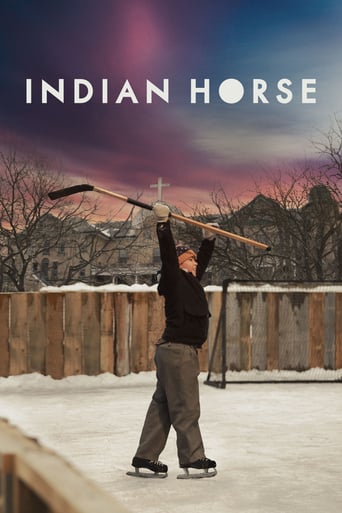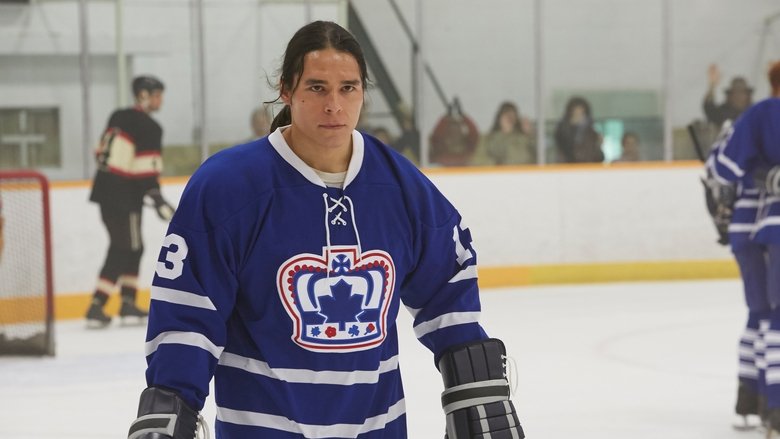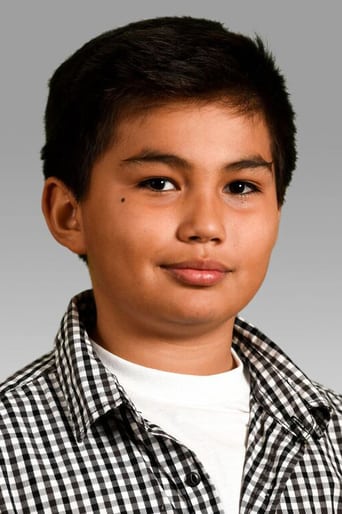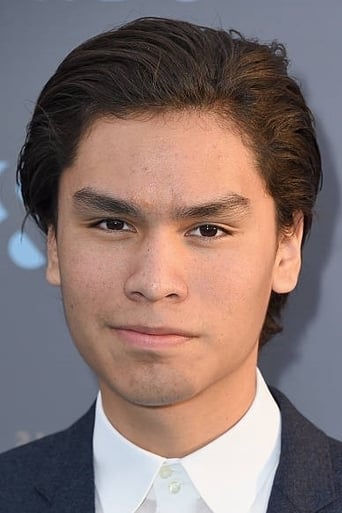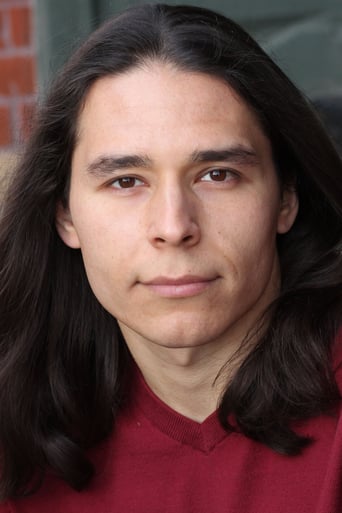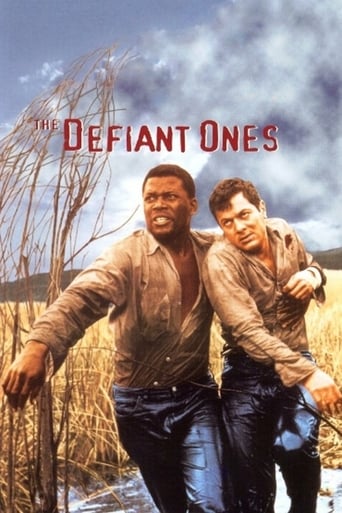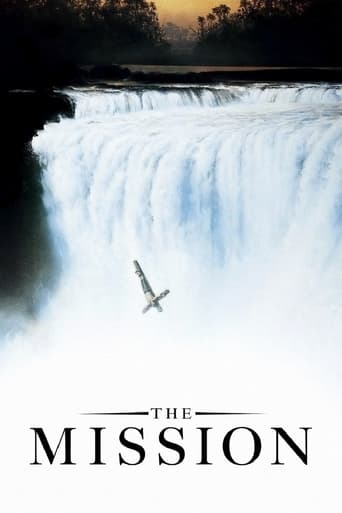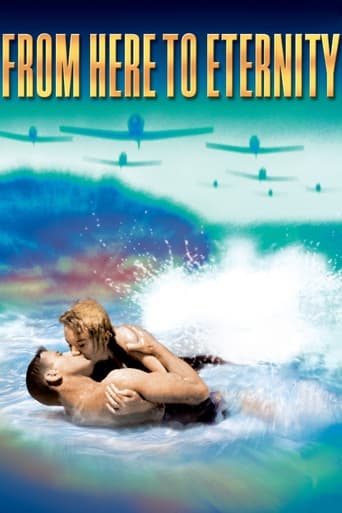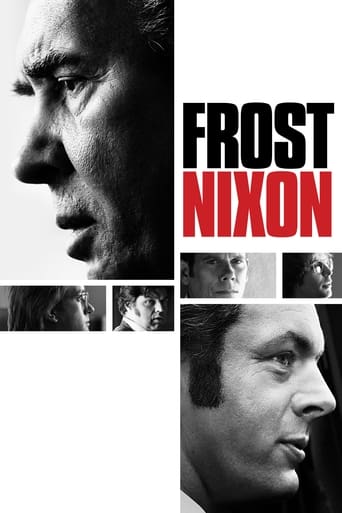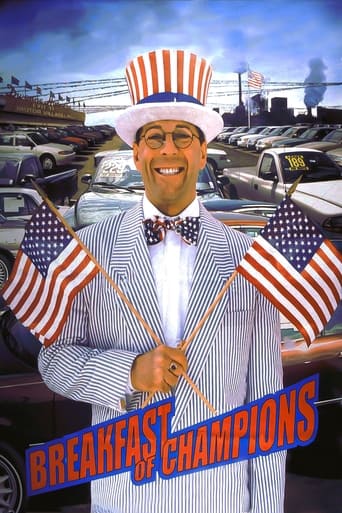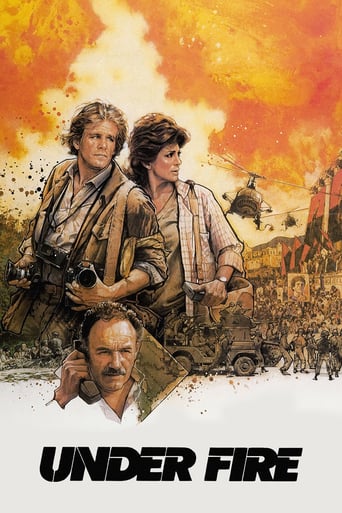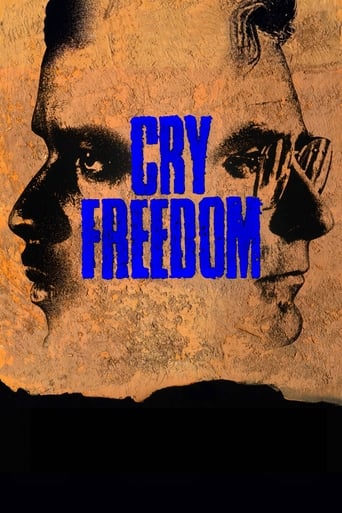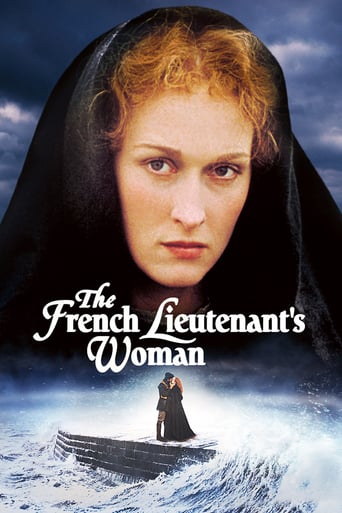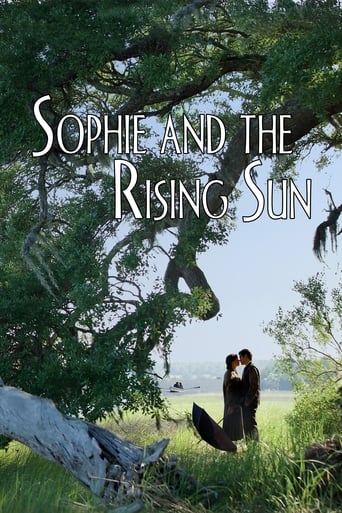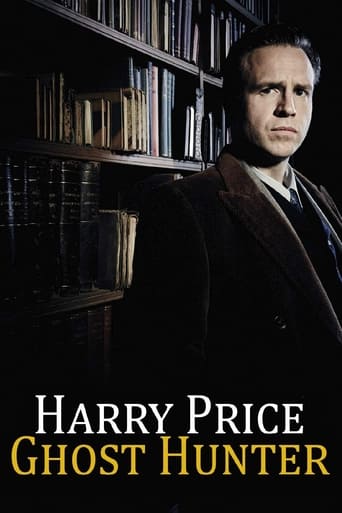Indian Horse (2018)
Follows the life of Native Canadian Saul Indian Horse as he survives residential school and life amongst the racism of the 1970s. A talented hockey player, Saul must find his own path as he battles stereotypes and alcoholism.
Watch Trailer
Cast


Similar titles
Reviews
Very best movie i ever watch
The performances transcend the film's tropes, grounding it in characters that feel more complete than this subgenre often produces.
The acting is good, and the firecracker script has some excellent ideas.
Each character in this movie — down to the smallest one — is an individual rather than a type, prone to spontaneous changes of mood and sometimes amusing outbursts of pettiness or ill humor.
It was a heart-wrenching well acted movie. It showed briefly how disgusting the residential school life/death would have been for these youth. How self-righteous the priests & nuns really were despite the sexual abuse, cruelty & inhumanity they displayed towards children in their "care"...all the while insisting it was in the name of their GOD!
The systemic racism and government-sanctioned damage done by the residential school system in Canada has been much in the news in recent years and deservedly so. This film -- which was just put out in general release in our area a week or two ago, though it made the rounds of film festivals last years and has multiple awards from those -- is a searing look at what was done to native children in one such school, but it's more than just that. From beginning to end it amounts to a pretty comprehensive biography of one man, Saul Indian Horse, from age 6 to middle age, and covering the 1950's through the '80's.One thing that runs through the whole film that really just draws you in unspoken is the ambience of quiet and often stillness -- it's more of an attitude exuding from the First Nations characters in the story than anything to do with the action, but it's something that became evident once we had left the theater.Young Sladen Peltier plays Saul as a boy and he's excellent. The opening scenes show him with his parents, brother, and grandmother living in the wilderness and more or less on the run from the white authorities who are bent on taking the boys away. We see them in stunningly beautiful landscapes and doing just fine. Anyway -- thanks to a series of family tragedies Saul is taken away and the main story starts. It's a chain of deep lows and transcendent highs from there, as Saul survives the brutalities of the school system but finds daily escape in hockey, which he turns out to excel at: on the ice, he's fast, elusive, and a genius around the net. This is his ticket out of the school and on to a series of bigger and better league play. He's strangely standoffish from the teacher who seems to be the most supportive, Father Gaston (Michael Huisman), for a reason that's revealed only at the end (and you can probably guess what I mean). Saul is played at successively older ages by Forrest Goodluck and Ajuawak Kapashesit, who are also right on the mark.But at the level of the Toronto Monarchs (a feeder teem for the genuine big leagues) the relentless abuse from the (then) all-white opponents proves too much -- and although this remains unsaid, his own teammates don't 'protect' him as they would another star player. The inevitable meltdown occurs, he disappears from sight, and falls into the familiar cycle of alcoholism and low level jobs. Finally, meetings with a recovery group bring him back to some level of equilibrium and peace.This story doesn't end like the Jackie Robinson saga. Saul doesn't reach the glory and fame in the major sporting world that he had the talent to gain. The highs and low finally settle somewhere in the middle -- he returns to the only place that he was comfortable, happy, and welcome as a teenager and young man.Clint Eastwood was a co-executive producer for Indian Horse. Apparently he was surprised and shocked that this kind of systemic abuse happened in Canada, which he thought was so civilized and 'polite'. It was everywhere. For one of the Australian takes on the same issue, go back and see Rabbit Proof Fence, which also deeply affected me two decades ago when I saw it. The First Nations are finally more able to tell their own stories.
I actually had a chance to meet Richard Wagamese very shortly before he died; he was an inspirational figure. I knew he had written novels about the residential school experience. Soon we're going to get the great Canadian film about the tragedy, but so far there haven't been many attempts. Indian Horse seemed like a promising candidate, but falls short.In ways a sports movie as much (or more) than a story about the residential schools, Indian Horse rarely rises above TV movie-level in its direction. There are some great shots- the first glimpse of the nun coldly looking down on the children, flashbacks when toys are being thrown onto the ice and how these toys blend into the memories- but these are few. The film starts off with a strong look at the cruelties of the school under Catholic control, but veers from that. (Incidentally, Canada's association of Catholic bishops recently released a letter denying involvement in residential schools. This is a blatant lie, or put in their words, bearing false witness under God). Part of the drift away from a strong film involves the less-than-stellar performance of Ajuawak Kapashesit. This is a decent film, but we should be looking for more.
Based upon Richard Wagamese's novel of the same name, Indian Horse tells an authentic, hopeful yet tear-jerking story that too many First Nations people have gone through in Canada over the course of the past two centuries and beyond. The movie tells the story of Saul Indian Horse, an Ojibway boy from Northwestern Ontario, whose family runs away from white men who are forcing children to go to residential schools where they must assimilate to European culture by any means necessary. Isolated in the wilderness, Saul's brother dies of a disease he caught at school and his parents, who already got assimilated to Christianity, decide to move south to bury their child. Saul stays behind with his old grandmother who gets increasingly sick but his parents never return. His grandmother and Saul decide to join some family members before the harsh winter starts but the weak grandmother dies on the journey. Saul gets discovered by two white men who bring him to a residential school. He witnesses severe mental and physical abuse as First Nations children aren't allowed to speak their mother tongues or live their traditional lifestyles. The only thing that makes Saul's desolate life more joyful is when he discovers ice hockey. He watches games on television with a young priest who also builds a hockey rink and organizes competitive tournaments. Saul's skills get discovered as a teenager and he moves south to the mining town Manitouwadge where he lives in a caring foster family and plays in a local hockey team. He soon becomes a respected star player but also starts facing racism from fans and opponents. A scout then convinces the young adult to move to Toronto where Saul plays for the farm team of the Toronto Maple Leafs and has a promising career ahead of him. Saul however cracks under the increasing pressure of being targeted by racist fans and opponents on an almost daily base and quits hockey to live the life of a nomad, accepting odd jobs between Thunder Bay and Sudbury. He develops a serious addiction to alcohol and is told by a doctor that his next binge drinking could lead to his death. Saul realizes he must face and overcome his demons of the past and find a place called home to save his life.There are numerous elements that make this film one of the best dramas in recent memory. First of all, the story that is told here is relevant as it exemplifies the cruel fate of many First Nations members. Secondly, the movie is very emotional, meandering constantly between sadness and hope in all stages of the main character's life. Thirdly, the acting performances are absolutely great as the main character doesn't speak much but tells us so much more about his inner demons through facial expressions. Fourthly, the settings are intriguing and shift from beautiful isolated landscapes over isolated schools to mining towns and big cities. Fifthly, camera, lighting and sound techniques are calm, decent and precise which suits the slightly gloomy mood and slow pace of the movie very well. Sixthly, it's interesting that the movie introduces us to distinct characters and not just racist antagonists but also encouraging coaches, welcoming foster parents and driven team mates. Seventhly, I liked that the movie ended with a minor twist that makes us re-evaluate the scenes we have seen prior to that moment. Indian Horse certainly offers a lot of food for thought.Indian Horse is a movie that should be watched in history classes at Canadian high schools as it exemplifies the fate of many First Nations members in that country over the past two centuries and beyond. Indian Horse is authentic, emotional and intellectual all at once which makes it one of the best dramas in recent memory. Anyone who is interested in the history of the New World should watch this film. Those who like ice hockey should also give it a try. Anyone intrigued by Canadian culture should also give it a shot. To keep it short, there isn't any reason to not watch this brilliant movie.

